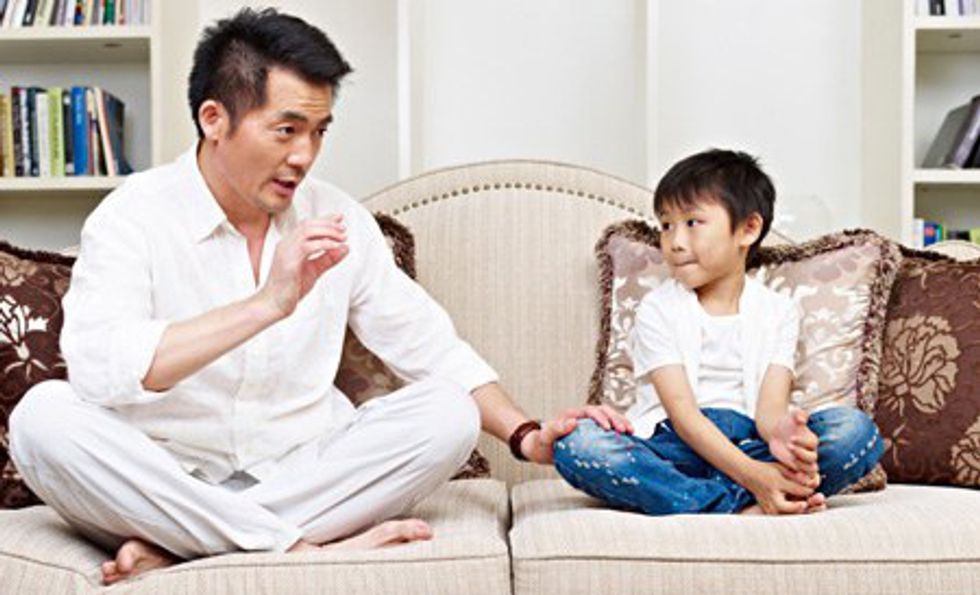Well, winter break is almost over. I remember this being one of the worst parts of elementary school. The joy that comes with two extremely short weeks of sleeping in, playing in the snow, and holiday shopping comes to an abrupt halt as the realization that tomorrow I have to go sit in boring school for eight extremely long hours settles in. I think most people can relate to this childhood experience. I certainly did, but now as a pre-service teacher, I get to view coming back to school from winter break through a different (and, in my opinion, a more difficult) lens. So, without further ado, here are four reasons teachers dread the end of winter break and a call to action for the parents of our students.
1. We got used to sleeping in
Recommended for you
Honestly, this is the biggest joy for teachers. There are so many possibilities over winter break. We could sleep in until noon. We could spend all day in our pajamas. We could even stay awake later than 10 p.m.! *gasp* However, once winter break ends, it's back to 5 a.m. alarms, professional clothes, and praying that we can finish our lesson plans before 8:30 p.m. rolls around and we crash.
2. We need about 12 cups of coffee to survive
Don't get me wrong. Most teachers love a good cup of coffee just as much as the next person, but since we get to sleep in and have much more time to perfect our lesson plans and grade assignments, we've more than likely spent the last two weeks weening ourselves off of it. However, winter break ending means that we have to go back to our old ways of drinking about 12 cups a day just to function. How else do you expect us to convince a room of 23 third graders that long division is the coolest thing in the world?!
3. We can no longer pee whenever we want
This one seems silly, but we get used to being able to use the bathroom whenever we want. Remember how I told you that we are going to need 12 cups of coffee once school starts again? Well, they catch up to you, and before you know it, you are staring at the clock begging it to move faster toward the time for the next subject rotation. Let's just hope that this is the one where the students leave your classroom for specials...
4. We have to disrupt students' discussion about presents
This one is a little more complex than the other two and will take a little more to explain. When students come back from winter break, there is always some form of discussion among them about what they each got as presents that year, and with these discussions come some of the most heartbreaking moments for both teachers and students. Generally, students will fall into two broad categories based on what kind of presents they received, the kids who got very expensive presents (iPads, hoverboards, etc.) and the kids who either received relatively inexpensive presents or nothing at all. There are many factors that contribute to which category a student will fall into such as the parents socioeconomic status, parents not wanting their children to be engrossed in technology, students and their family do not celebrate a holiday where it is normal to give gifts, among many others.
It takes just a few minutes for each student and the teacher to figure out which category each child is in. We teachers scramble to change the topic as we start to see the disheartened faces of some of our students. You'll often hear teachers refer to their students as their kids, and it is illustrated in this moment. We wish more than anything that we could afford to get every student the latest gadget. We work very hard to create a family-type community all year in our classroom, and it breaks our hearts to see that one of them unable to participate in something that the rest of them share.
5. Call to action
Now, before I give this call to action, I want to say that I am not trying to make a statement about whether or not I think it is good that parents buy their children expensive gifts or if they don't buy them expensive gifts. I firmly believe that parents are able to decide for themselves what they think is appropriate or inappropriate for their own children. It is not my job to judge families. All I am asking is that parents consider both positive and negative consequences of getting or not getting gifts for their children.
I ask on behalf of all teachers that parents, please, talk with your children about the value of the presents that they received. Discuss whether it is better to receive an expensive gift that has no personal/sentimental meaning to it, or if it is better to receive a relatively inexpensive gift that the giver has poured their heart into. Consider getting your child an experience if you cannot afford or do not want to buy the latest gadget. In 30 years, will your child remember getting an iPad for Christmas, or fondly think of the time when they were able to go outside and build a snow fort with his/her parents?






















